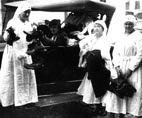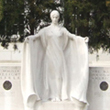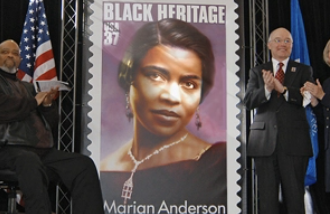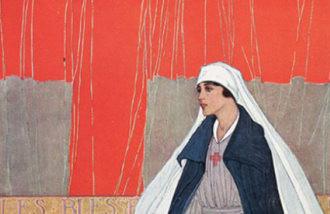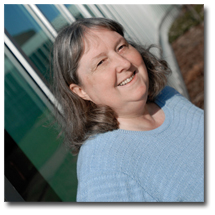
By Lena Anthony
Volume 144, Number 3, May/June 2010, Page 18
Photography by Laura Simon
“Is your job just like on TV?” Ever since the popular “CSI” TV series started, that’s a question Pamela Macke Johnson has heard a lot. Yes, she’s a forensic chemist (her title is criminalist supervisor of the Missouri State Highway Patrol’s Troop E Lab in Cape Girardeau, Mo.), but no, her job is nothing like the TV show.
“I wish we got results back that fast!” Mrs. Johnson says. “It actually takes a week to two weeks to process fingerprints from start to a finished report—not quite like on TV.”
Mrs. Johnson doesn’t actually visit the crime scenes. Instead, the evidence comes to a state-of-the-art lab where her staff of 10 analyzes latent prints, DNA, toxicology data, drug chemistry and firearms operability on an average of 3,400 cases per year for a 20-county region of southeastern Missouri.
Mrs. Johnson found her calling as a student at Southeast Missouri State University, where she majored in chemistry and took a position as a student laboratory and research analyst at the school’s regional crime lab. “I was instantly hooked,” she says.
So hooked, in fact, that Mrs. Johnson ended up back at the lab a decade later, and became director in 2003. The lab merged with the Missouri Highway Patrol in 2006.
A typical week for her includes processing casework, managing staff and teaching budding CSIs at her alma mater. She also examines 10 to 15 sets of latent prints each month and fields questions from local law enforcement agencies, attorneys and the media.
Many of the cases are routine, but occasionally the lab will help crack a case. Recently, through the cooperative efforts of police departments in two states, her lab helped link a suspected serial killer to five unsolved homicides from the 1980s.
“Illinois came up with a DNA link to an individual, and through further investigation, our lab was able to identify a matching palm print from one of the scenes, as well as DNA,” Mrs. Johnson says. “The individual pled guilty and confessed to the rest of the homicides. The stories that come with the cases and the advances in science keep the field fresh and challenging.”
About half of the cases that come through her lab pertain to illegal drugs, including methamphetamine labs. Long before meth labs took root in Missouri, Mrs. Johnson was an expert in the field because of her membership in Clandestine Laboratory Investigating Chemists. At a meeting in 1995, Mrs. Johnson attended a seminar that discussed trends in drug making—among them, a new kind of meth lab that used household products to create the deadly drug. After the meeting, Mrs. Johnson shared what she learned with local law enforcement and trained them to identify and safely collect the evidence in these labs. “Like in many rural areas, meth use became an epidemic here, but I believe it could have been a lot worse had we not been so proactive,” she says.
With Mrs. Johnson’s help, local law enforcement also trained the public to help identify meth labs. “They found meth labs in hotel rooms and in rented apartments, and the waste from one lab poured out on a roadside near a farm, so it really became a public safety awareness issue,” she says. “We didn’t want innocent people getting hurt.”
Mrs. Johnson has also spoken at the Missouri State Conference on the use of DNA testing in genealogy. “DNA testing has been developed so that it can actually be a good tool for genealogy, if applied appropriately,” she says.
An avid genealogist, Mrs. Johnson joined the John Guild Chapter, Jackson, Mo., in 1987. She was the first woman in her family to join, but she has since recruited her mother, sister and daughter to the organization. She is currently South Central National Division Vice Chairman of the DAR Speakers Staff Committee.
Mrs. Johnson enjoys spending free time with her family, whose members have lived in southeast Missouri for several generations. “I lucked out,” she says. “My Patriot ancestor moved from Georgia in 1806 to Cape County, Mo., and we’ve been here ever since.”


